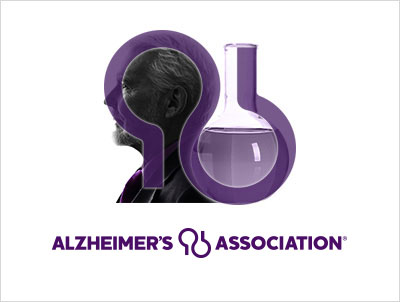A recent study published on October 31, 2023, in the Ear, Nose, and Throat Journal, indicates that adenotonsillectomy is a safe procedure for children with Down syndrome and other genetic syndromes. The findings suggest a low incidence of complications associated with this surgical intervention, providing reassurance for families considering this option for their children.
Adenotonsillectomy involves the removal of the adenoids and tonsils, a common procedure used to treat obstructive sleep apnea and recurring throat infections in children. For those with genetic conditions, the decision to proceed with surgery often raises concerns about potential complications. This study’s results could significantly influence clinical practices and parental decisions.
The research involved a comprehensive analysis of surgical outcomes among children diagnosed with various genetic syndromes, including Down syndrome. The results revealed that these children experienced complications at a rate comparable to their typically developing peers.
According to the study, the overall complication rate for adenotonsillectomy in this population was reported to be less than 5%. This statistic aligns with the general complication rates observed in the broader pediatric population, which are typically around 3% to 5%. This parity in outcomes underscores the safety of the procedure even among children with additional health challenges.
Given the high prevalence of sleep-related disorders in children with Down syndrome and other genetic conditions, the findings from this research hold significant implications. Addressing obstructive sleep apnea can lead to improved quality of life, better sleep patterns, and enhanced overall health for these children.
The study contributes to a growing body of evidence supporting the safety of surgical interventions in pediatric patients with genetic syndromes. As healthcare providers become more informed about these findings, they can better counsel families on the benefits and risks associated with adenotonsillectomy.
It is essential for parents to discuss their child’s unique medical background with healthcare professionals when considering surgical options. The findings of this study provide a solid foundation for informed decision-making, emphasizing that adenotonsillectomy can be a viable and safe choice for children with Down syndrome and similar genetic conditions.
In summary, the research published in the Ear, Nose, and Throat Journal offers promising insights into the safety of adenotonsillectomy for children facing genetic challenges. With a low complication rate and significant benefits in managing health issues like sleep apnea, this study paves the way for more informed healthcare decisions in this vulnerable population.







